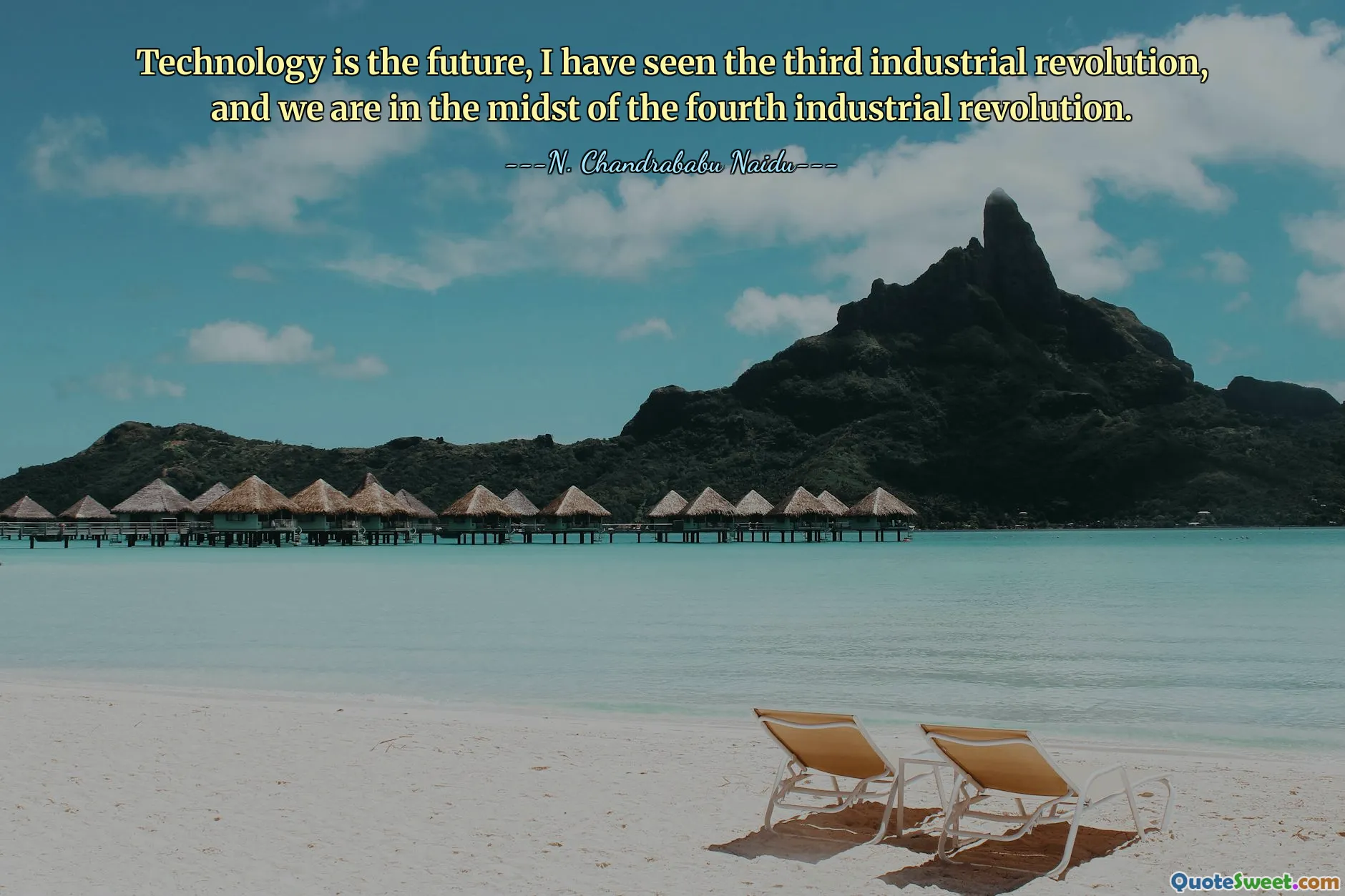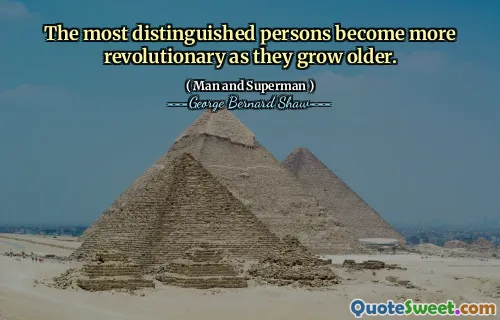
Technology is the future, I have seen the third industrial revolution, and we are in the midst of the fourth industrial revolution.
The quote highlights the transformative power of technological advancements and their role in shaping human progress. Reflecting on the sequence of industrial revolutions reveals how each phase has fundamentally altered societal structures, economic systems, and daily life. The first industrial revolution introduced mechanization, shifting society from agrarian to industrial. The second brought about mass production and electrical power, accelerating economic growth. The third industrial revolution, often termed theDigital Revolution, was characterized by the advent of computers, automation, and information technology that revolutionized communication and data processing.
Now, as we find ourselves in the midst of the fourth industrial revolution—commonly associated with concepts like IoT, AI, robotics, and blockchain—we are witnessing unprecedented integration between digital and physical systems. This era promises efficiencies, new business models, and solutions for complex problems such as climate change and healthcare. However, it also raises significant concerns about ethical implications, job displacement, privacy, and security.
Recognizing that we are entrenched in this ongoing transformation emphasizes the importance of adaptability and innovation. Educating society to embrace technological change responsibly becomes crucial. Moreover, the potential for these innovations to improve quality of life, foster sustainable development, and bridge disparities depends on mindful implementation. Navigating this revolution with foresight can ensure that technology serves as a catalyst for progress that benefits all of humanity rather than exacerbating existing inequalities.
Ultimately, understanding the trajectory of industrial revolutions encourages us to actively participate in shaping a future where technology amplifies human capabilities and promotes global well-being.






